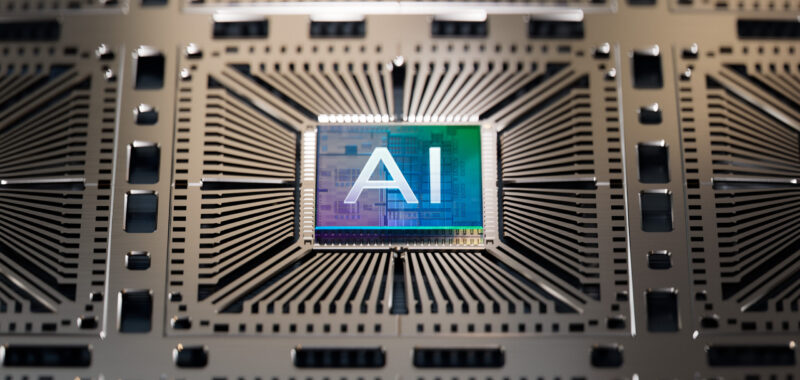Buying Nvidia at these prices is a bet on the company’s future. Here’s a look at Nvidia’s growth prospects to determine whether the stock deserves your investment.
At this point, most investors interested in artificial intelligence (AI) know the critical role Nvidia‘s (NVDA 3.10%) AI accelerator chips have played. The resulting growth spurt has propelled the company and its stock to staggering heights. If you’re reading this, you’re probably wondering whether Nvidia’s AI tailwinds can continue and whether the stock is still buyable after soaring over 800% since early 2023.
Yes, the cat’s out of the bag on Nvidia and AI. Today, the stock trades over 50 times trailing-12-month earnings, so buyers are banking on the future rather than the past.
What might the future hold for Nvidia? I researched the company’s growth prospects to determine whether the stock is a buy today.
Peering into Nvidia’s leadership in AI chips amid massive market expansion
Nvidia rose to prominence in AI thanks to its Hopper AI accelerator chip architecture, which became the gold standard for training today’s AI models. According to industry estimates, the company owns between 70% and 95% of the market. Owning that much of the market means that future growth depends on market expansion because there’s little room to gain additional business from competitors. On the other hand, it means Nvidia risks ceding market share to other chip companies.
However, the market is growing so fast that it could realistically offset any modest market share losses. The global AI chip industry was estimated at $123 billion in 2024 and could grow to $311 billion by 2029. Nvidia’s trailing-12-month revenue was $113 billion, most of which came from AI data center sales. The company could lose market share and double its revenue over the next five years.
The underlying factors driving AI chip growth seem pretty intact. AI will need more (and better) chips to train and operate more intelligent models, and increased demand for AI services will require additional computing resources to create the capacity to accommodate that demand.
Blackwell looks like a successful continuation of AI momentum
Nvidia has begun transitioning to Blackwell, the successor to Hopper. The new architecture represents significant breakthroughs in performance and, arguably more importantly, efficiency. The chip has 208 billion transistors, up from 80 billion on the H100. The B200 can achieve up to 20 petaflops of computing power (like horsepower for computing) versus four for the H100.
The B200 will deliver three times faster large-model training than the H100 and 15 times the AI inference performance. It’s also 25 times more energy efficient, translating to a significantly lower cost of ownership. This is a key point because companies investing billions of dollars in AI data centers need to monetize these investments over time. Low operating costs can be very helpful.
Blackwell has already shown signs of rampant demand. A few months back, Nvidia announced that it had sold out its entire Blackwell capacity for 2025. The lack of Blackwell supply should also continue trickling down to ongoing Hopper sales, as some companies may opt to build with Hopper chips rather than wait 12 months or longer for chips.
Is Nvidia a buy?
Assuming the prominent companies building up AI data centers, known as hyperscalers, continue investing in AI infrastructure, Nvidia’s growth prospects look fantastic.
Analysts estimate Nvidia will grow earnings by an average of 38% annually over the next three to five years, which makes sense within the broader growth forecast for the AI chip market. There doesn’t seem to be much reason to doubt the growth forecast until competition shows tangible evidence of eating into Nvidia’s business. So far, Blackwell looks like a smashing success.
I like using the PEG ratio to weigh a stock’s valuation versus its growth rate. Typically, I’ll buy high-quality stocks up to a PEG ratio of 2.0 to 2.5, and Nvidia’s (PEG ratio of 1.4) falls comfortably below that threshold. I’d much rather buy Nvidia here than a similarly priced retail stock like Costco, which has much slower growth.
So yes, Nvidia is a buy in my book.
Justin Pope has no position in any of the stocks mentioned. The Motley Fool has positions in and recommends Costco Wholesale and Nvidia. The Motley Fool has a disclosure policy.

